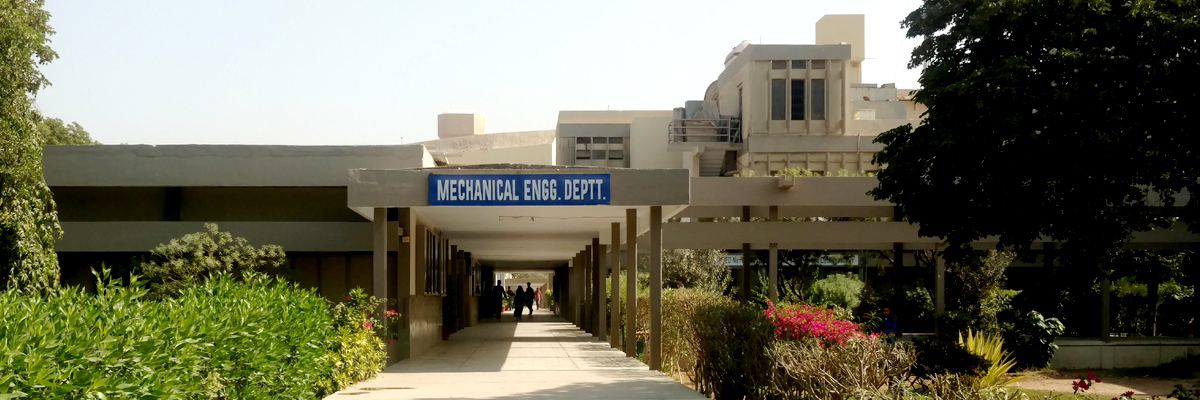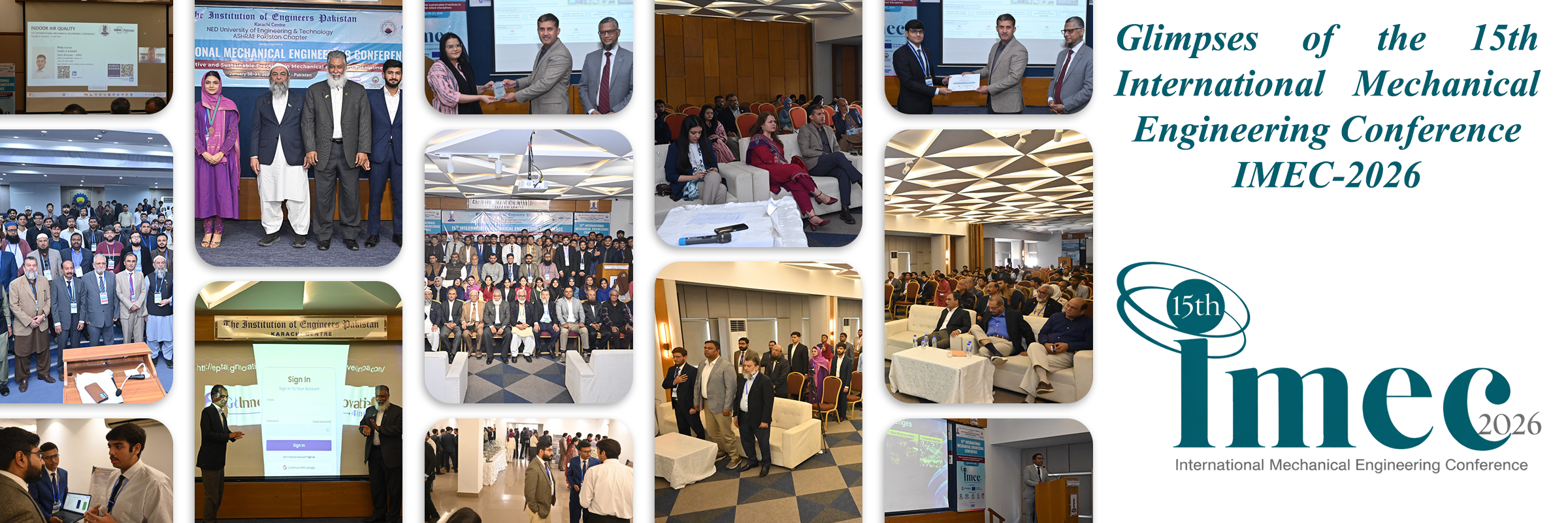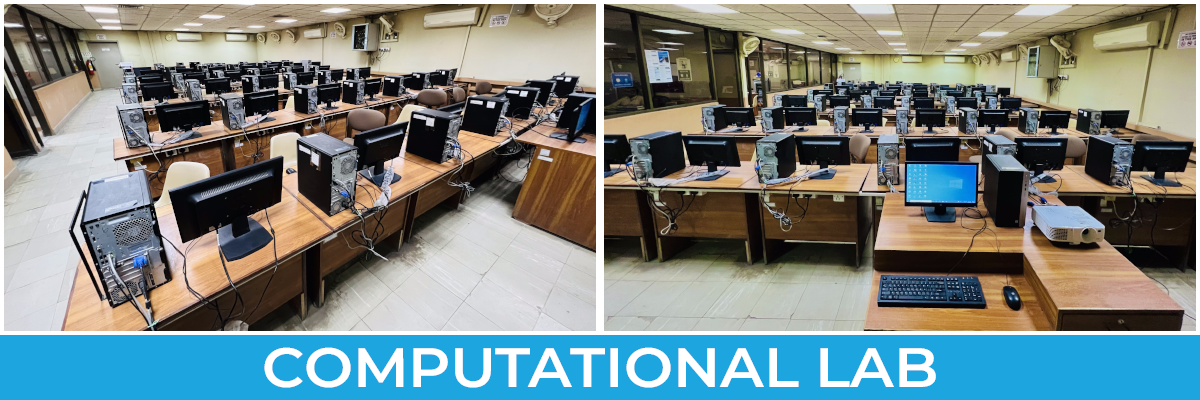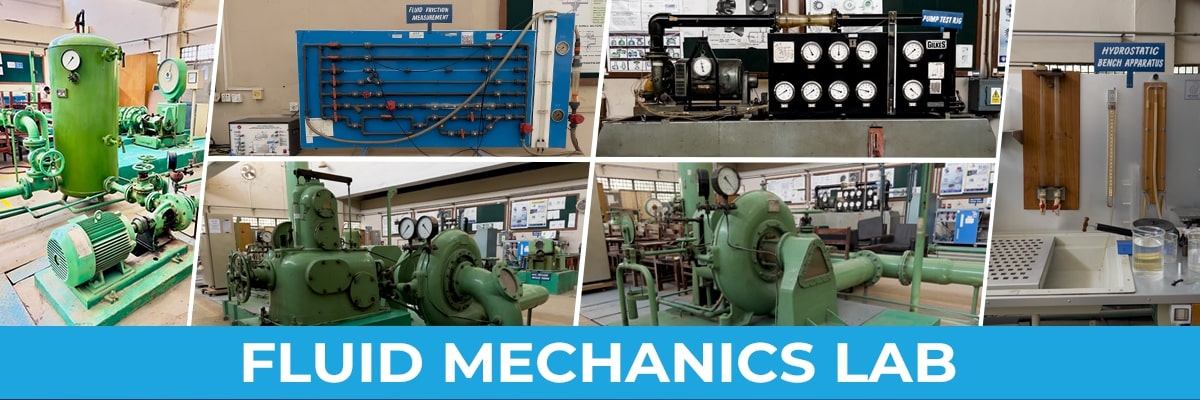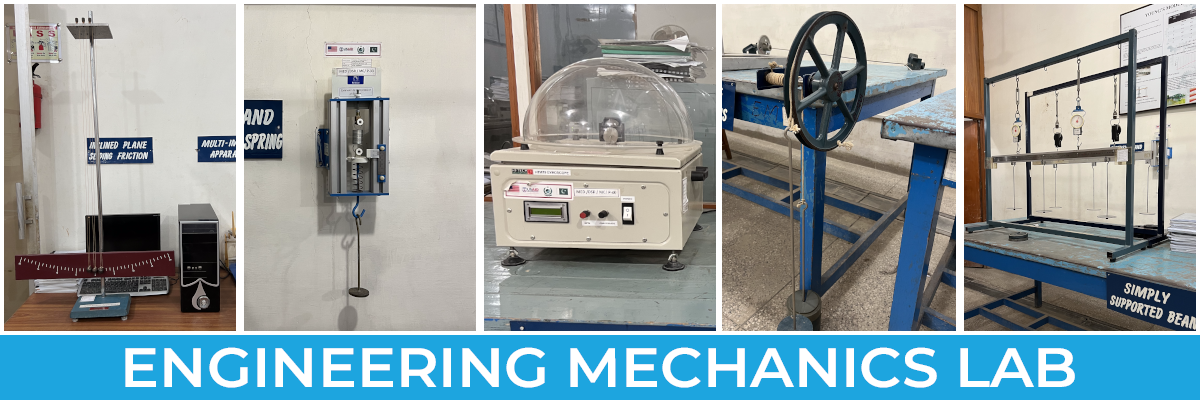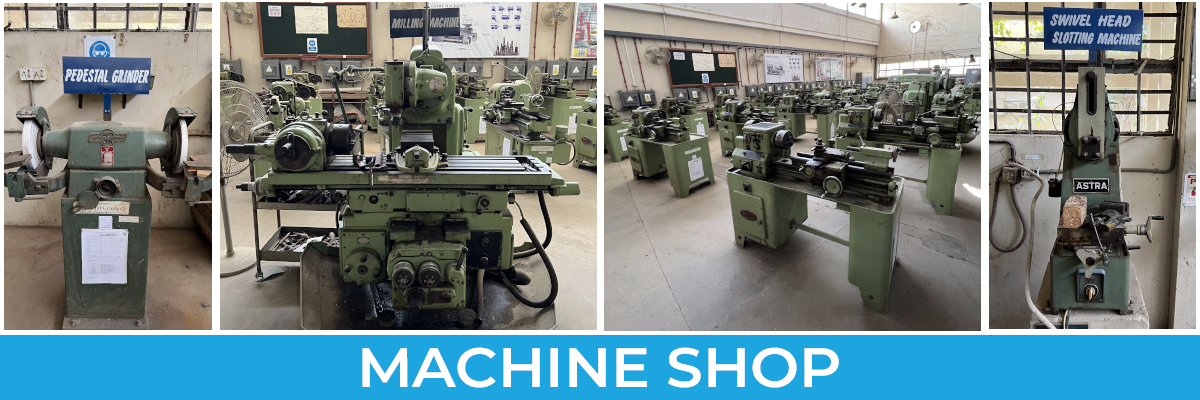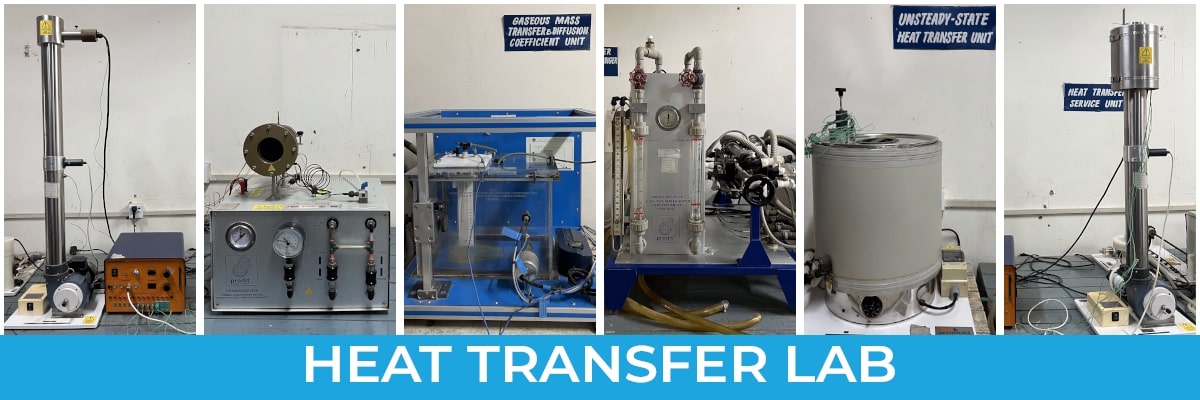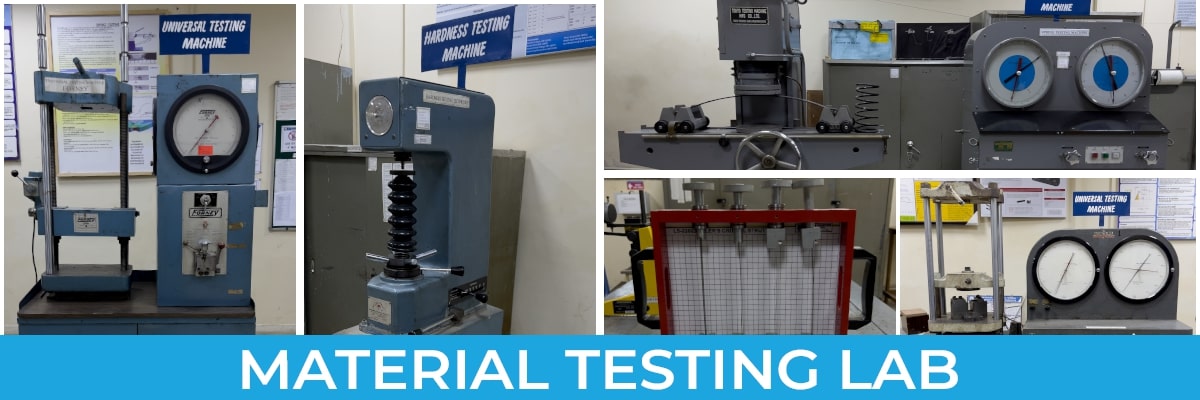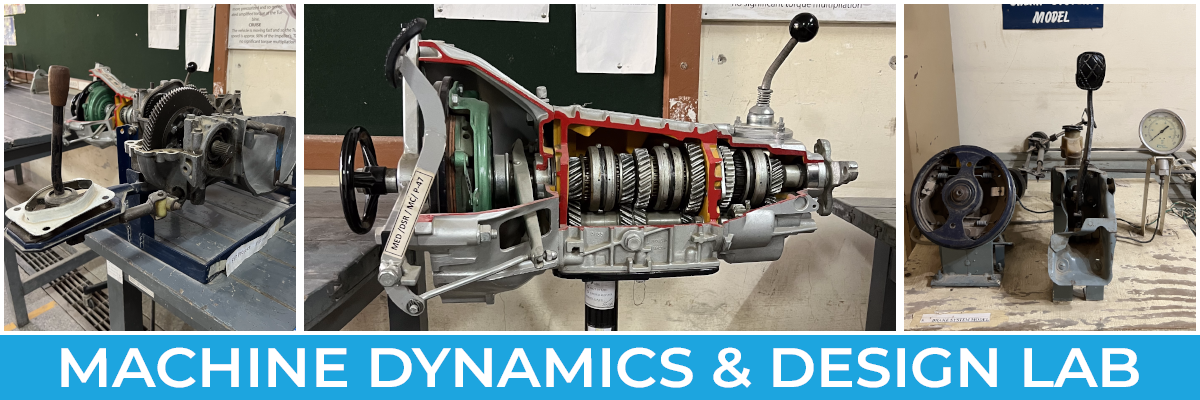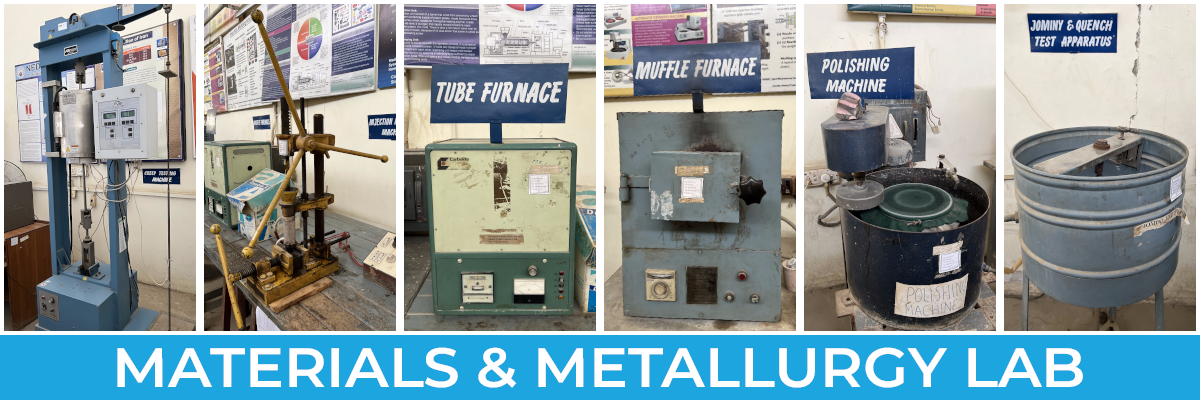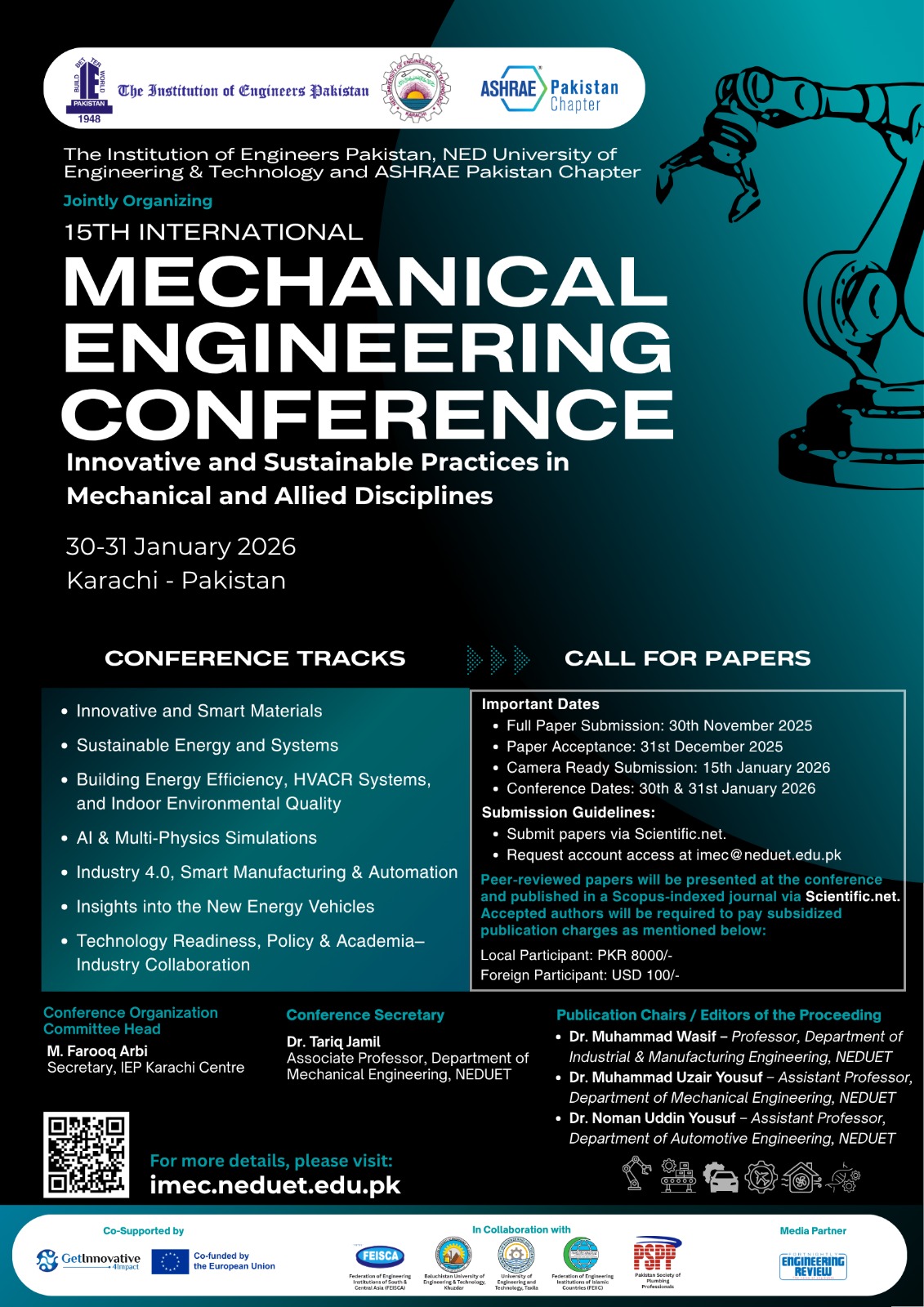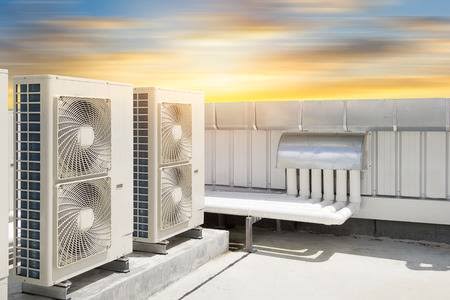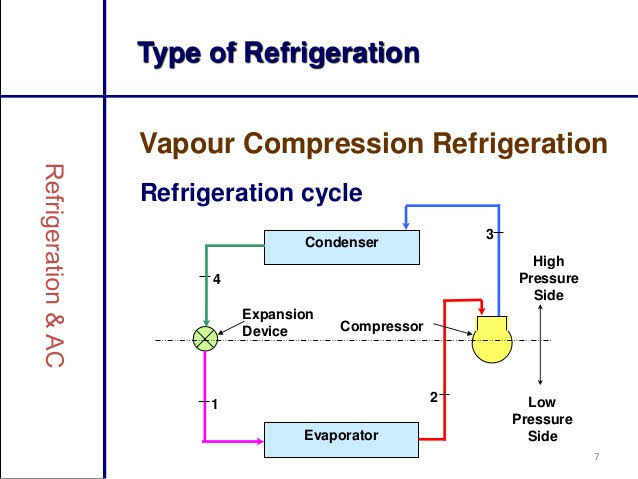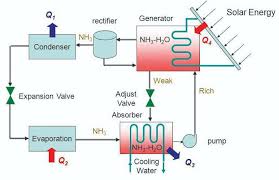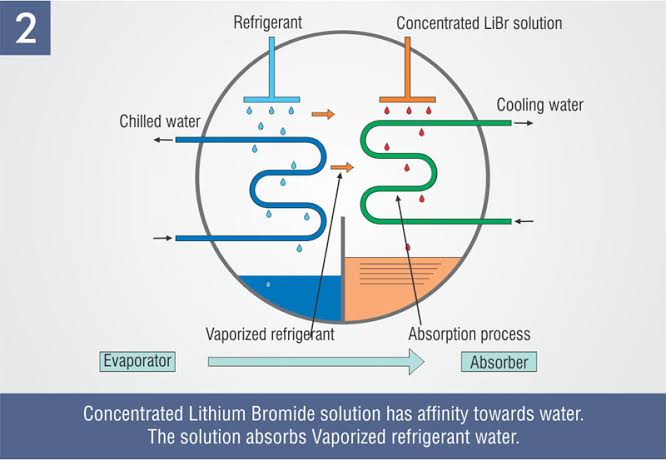ME-547 ADVANCED AIR CONDITIONING & REFRIGERATION
Credit Hours = 3
COURSE CONTENT
- General: In-door design conditions, outdoor air design conditions, heat gains, heat losses, air diffusion, supply and extraction air flow rates. Advanced psychometry applied to multizone air conditioning system. Mathematical modeling, computer simulations. System using 100% outdoor air re-circulations, year round operation of plants, free cooling systems zone and effect of ventilation requirements. Compression of systems including variable air volume, dual duct induction unit, fan coil unitary heat pump system, self-contained units, Thermal storage. Water steam and ultrasonic types, Legiorznarivies disease and humidifier fever, water treatment.
- System Analysis: Heat recovery system efficiency, thermal wheel (regenerator), heat pipes, parallel plate heat exchanger, run around systems; heat pumps. Building fabric heat gains and heat loses. Solar heat gains, glazing types of glasses, transient heating and cooling of building. The structure as climate modifier summer time temperature. Ducted air systems, pressure losses and duct sizing procedure. Layout considerations. Smoke and fire preventions. Fan types, characteristics and fan laws. Fan noise and energy consumption. Control applications to system, sensing elements, controllers and converting units. Transient analysis of feed back systems. Frequency response analysis system identifications. Stability analysis and compensation Modern Control Theory. Energy consumption Equivalent hours of full load operation. Bin method of predicting annual energy consumption. Variations in system efficiency. Load diagrams and scheduling.
- Refrigeration: Review of refrigeration plant for domestic commercial and industrial applications. Variable refrigerant volume air-conditioning system. New development use of alternative compounds. Design for minimum refrigerant quantity refrigerant recovery. Energy efficiency refrigeration cycle, design and influence on reliability. Oil transportation around the system and oil recovery. The application of low and high pressure receivers compensating chambers. Cascade and multi-stage refrigeration system. Multi evaporator and multi compression system. Rising liquid and suction mains cross connection refrigerant liquid level controllers. Control of plants.
- Analysis of Cycles: Vapor compression, lithium bromide / water, water / ammonia solutions, compression with vapor compression system, thermodynamic cycles applied to food and process refrigeration low temperature processes.
- Vapor Compression System Analysis: Balance points and system simulation, compressor and condenser performance, condensing unit, graphic and simulation, mathematical analysis, evaporator performance.
RECOMMENDED BOOKS
Coming Soon
